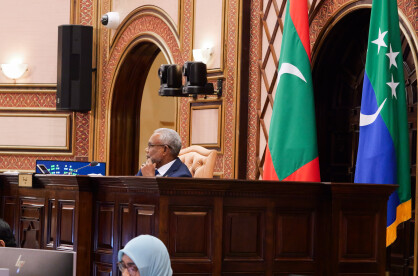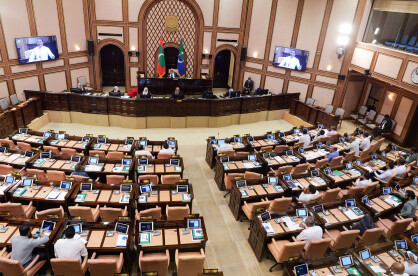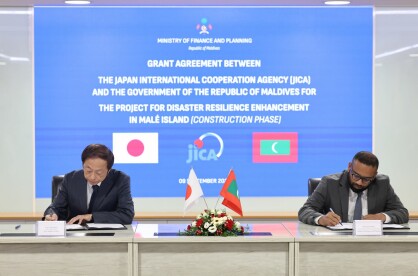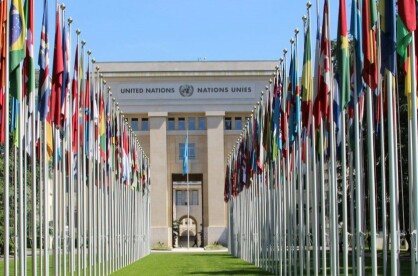The Maldives Qualification Authority (MQA) has issued a stern warning to higher education institutions offering online courses without proper authorization. According to MQA, numerous complaints have been received regarding colleges and universities conducting online programs without the necessary permissions, prompting the authority to take decisive action.
MQA has now declared that all previously granted permissions for higher education institutions to conduct online courses have been revoked. This move comes in response to the growing concerns about the legitimacy and quality of these programs. MQA has emphasized that any institution wishing to offer online courses must now comply with the 'Programme Accreditation Rules' and 'Guidelines for E-Learning Rules' published on Gazette on May 16, 2022.
The issue of unauthorized online courses has caused significant problems for students in the Maldives. Many students, unaware that their courses are not accredited by MQA, find themselves with qualifications that are not recognized by employers. This has led to frustration and disappointment, as these students struggle to secure jobs or advance their careers due to the illegitimacy of their degrees.
Education is intended to be a gateway to better opportunities, offering individuals the skills and knowledge necessary to succeed in their chosen fields. However, when colleges and universities offer unaccredited programs, they undermine this fundamental principle. Instead of providing valuable education, these institutions leave students with worthless qualifications, effectively wasting their time and money.
The proliferation of unaccredited courses has also contributed to the issue of fake degrees. Some individuals have used these illegitimate qualifications to secure jobs, displacing those with genuine, accredited degrees. This practice not only devalues the hard work of legitimately qualified individuals but also poses a risk to the quality and integrity of various professions.
Employers, relying on the supposed credibility of these qualifications, may inadvertently hire underqualified personnel. This can have serious implications, particularly in fields that require specific expertise and knowledge. The presence of fake degrees in the job market undermines trust in the education system and the qualifications it produces.
To address these issues, MQA has made it clear that colleges and universities must submit their programs for approval in accordance with the established rules. The authority urges students to verify that their chosen programs are accredited by MQA before enrolling. MQA has stated unequivocally that it will not recognize any qualifications obtained from unaccredited programs.
The authority has also warned that institutions found to be advertising and conducting courses in violation of MQA regulations will face consequences under the Programme Accreditation Rules. This crackdown is part of MQA's broader effort to ensure that all higher education programs in the Maldives meet rigorous standards of quality and legitimacy.







